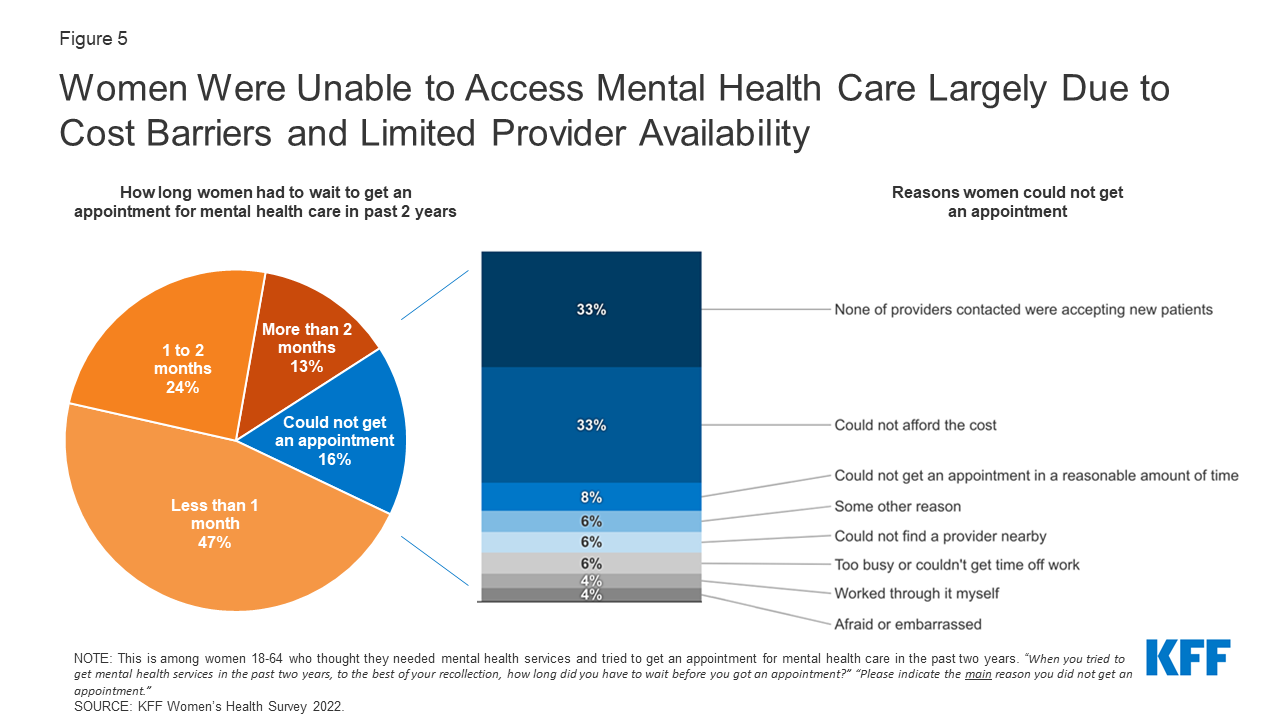Mind Matters: Transforming the Landscape of Mental Health Care
Mental health care has emerged as a critical component of overall well-being in today’s fast-paced world. As society becomes more aware of the impact of mental health on daily life, the demand for effective and accessible mental health services continues to grow. The stigma that once surrounded mental health issues is gradually dissipating, paving the way for open conversations and innovative approaches to treatment.
At the heart of this transformation is a shift in how we understand mental health, moving away from traditional views and embracing more holistic and inclusive practices. This evolution encompasses a variety of strategies, including technology-driven solutions, community-based support systems, and personalized care plans that recognize individual needs. As we explore the changing landscape of mental health care, it becomes clear that fostering understanding and compassion is essential in creating a supportive environment for those seeking help.
Understanding Mental Health
Mental health is a crucial aspect of overall well-being, influencing how we think, feel, and act. It encompasses our emotional, psychological, and social functioning, affecting how we handle stress, interact with others, and make choices. Recognizing the importance of mental health is essential, as it plays a significant role in our lives at every stage, from childhood to adulthood. Understanding mental health helps us appreciate the complexities of human behavior and the various factors that contribute to our mental state.
Several elements contribute to mental health, including genetics, environment, and life experiences. Factors such as trauma, social support, and economic status can impact our mental well-being. Mental health disorders can arise from a combination of these factors, manifesting in various ways, from anxiety and depression to more severe conditions. The stigma surrounding mental health issues often prevents individuals from seeking the care they need, underlining the necessity for widespread education and awareness.
Promoting mental health involves fostering an environment where individuals feel safe to express their emotions and seek support. This includes integrating mental health care into primary health care systems, enhancing accessibility to professional help, and cultivating public awareness campaigns that normalize discussions about mental health. By prioritizing mental health, we can create communities that support individuals in maintaining their mental well-being and addressing challenges as they arise.
Innovative Care Approaches

In recent years, the landscape of mental health care has experienced a significant shift towards innovative approaches that prioritize personalized and accessible treatment options. Teletherapy has emerged as a prominent solution, breaking down geographical barriers and providing individuals with the opportunity to connect with mental health professionals from the comfort of their own homes. This convenience not only caters to a wider audience but also reduces the stigma often associated with seeking help, encouraging more people to engage with mental health services.
Another groundbreaking method is the integration of technology into mental health care through digital platforms and mobile applications. These tools offer a variety of resources, from mood tracking to guided meditation sessions, empowering users to take charge of their mental well-being. Such technology-driven approaches also facilitate continuous support between therapy sessions, allowing individuals to monitor their progress and remain engaged in their care outside traditional settings.
Community-based initiatives are also transforming mental health care by fostering a sense of belonging and support among individuals facing similar challenges. Peer support groups and community wellness programs create safe spaces for open dialogue, enabling participants to share experiences and coping strategies. By building connections within communities, these programs contribute to a holistic approach to mental health care that emphasizes shared understanding and collective healing.
The Future of Mental Health Care
The future of mental health care is poised for transformative changes driven by technological advancements and a growing recognition of the importance of mental well-being. As telehealth options become more widely available, individuals will have greater access to mental health professionals regardless of their geographic location. This shift not only facilitates timely interventions but also helps reduce the stigma associated with seeking care. Remote consultations will become an integral part of a comprehensive approach to mental health support.
In addition to telehealth, artificial intelligence is beginning to play a significant role in mental health diagnoses and treatment. AI-driven tools are being developed to analyze patterns in behavior and emotional responses, providing personalized treatment recommendations. This innovative use of technology can lead to more effective interventions tailored to individual needs. As research continues to evolve, mental health care will likely embrace a more data-driven methodology that enhances the understanding of various mental health conditions.
Additionally, there is a growing emphasis on holistic approaches that consider the interconnectedness of mental and physical health. Integrative models that incorporate lifestyle factors, community support, and preventive measures will become more prominent in mental health care systems. The future will likely see a shift towards prioritizing mental health in a broader health context, ensuring that individuals receive comprehensive care that addresses the full spectrum of their well-being.